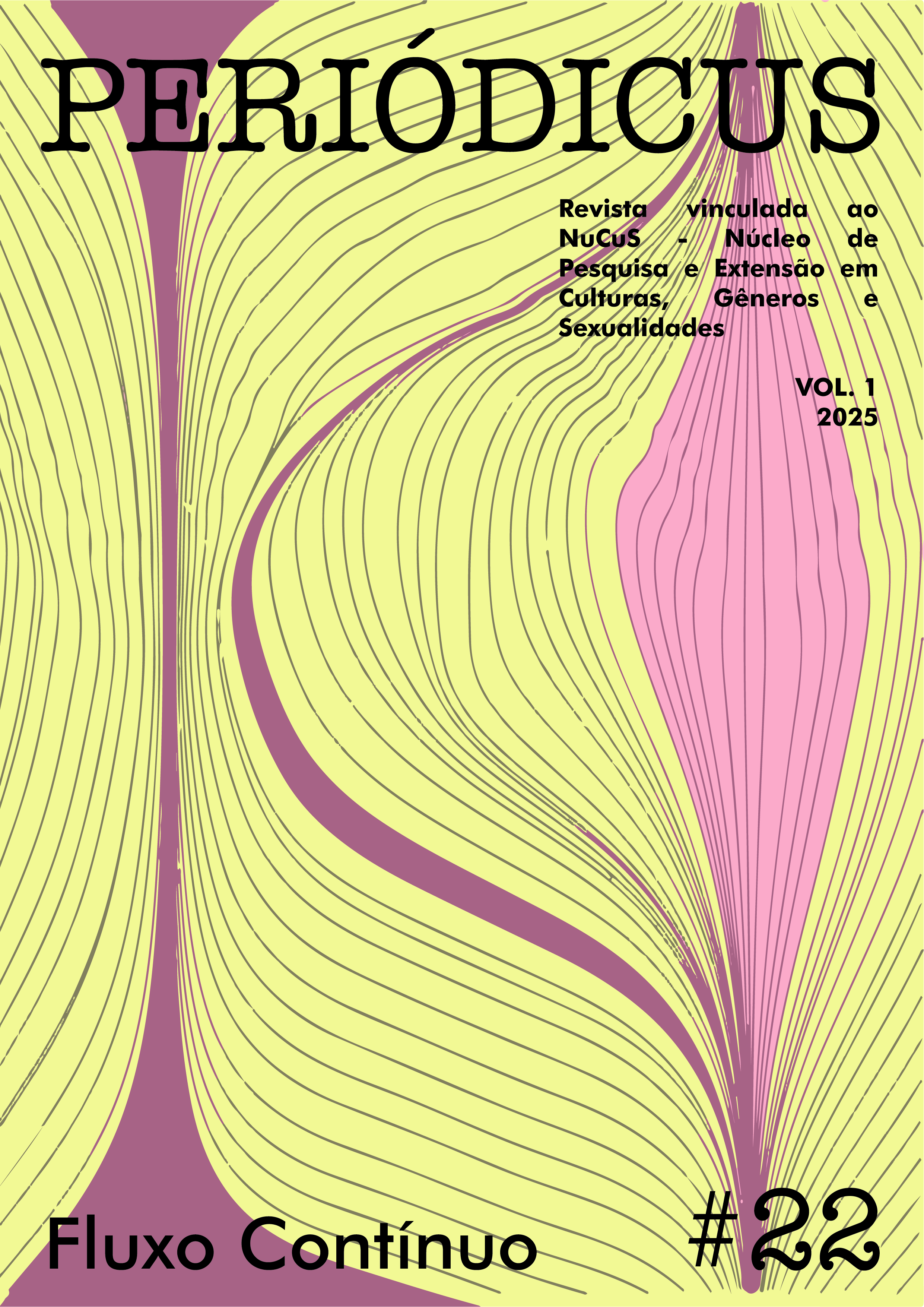Women and Philosophy at the University of São Paulo
a quantitative research
DOI:
https://doi.org/10.9771/peri.v1i22.61788Abstract
This article draws on studies on gender inequality in Philosophy courses and seeks to contribute to this debate by presenting a case study of the undergraduate course at the Philosophy Department of the University of São Paulo (DF/FFLCH/USP). With this in mind, the analysis starts from the presence of women in Brazilian higher education, goes through Philosophy courses in the country, and then presents data on the presence of men and women on courses at the Faculty of Philosophy, Letters and Human Sciences at the University of São Paulo (FFLCH/USP). The main objectives are to highlight the double exception of the case of Philosophy – it does not fit into the cases of humanities courses nor in the case of courses where women are in the minority – and the importance of case studies to understand the phenomenon of gender inequality in Philosophy.
Downloads
Downloads
Published
How to Cite
Issue
Section
License
Copyright (c) 2025 Luiza Garcia Lucio, Keli de Assumpção , Ana Paula Belchior, Nícollas Alessander Rocha Araujo

This work is licensed under a Creative Commons Attribution-NonCommercial 4.0 International License.
Authors who publish in this journal agree to the following terms:
Authors retain copyright and grant the journal the right of first publication, with the work simultaneously licensed under a Creative Commons Attribution Noncommercial License that allows the work to be shared with acknowledgment of authorship and initial publication in this journal, but prohibits commercial use.
Authors are authorized to enter into separate additional contracts for non-exclusive distribution of the version of the work published in this journal (e.g., publishing in an institutional repository or as a book chapter), with acknowledgment of authorship and initial publication in this journal.
Authors are permitted and encouraged to publish and distribute their work online (e.g., in institutional repositories or on their personal website) at any point before or during the editorial process, as this can generate productive changes and increase the impact and citation of the published work (see The Effect of Open Access).








